Built to Last
In this last episode, Sagal travels to Iceland, where after the country’s economic collapse, leaders decided to create a new constitution, looking to the U.S. Constitution for inspiration. This prompts Sagal to consider why our own founding document has lasted more than 225 years.
Episodes
-

Built to Last
S1 E4 - 52m 40s
In this last episode, Sagal travels to Iceland, where after the country’s economic collapse, leaders decided to create a new constitution, looking to the U.S. Constitution for inspiration. This prompts Sagal to consider why our own founding document has lasted more than 225 years.
-
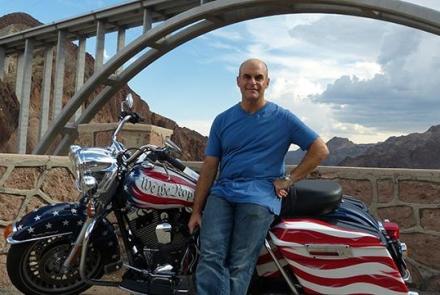
Created Equal
S1 E3 - 53m 11s
The high ideals of the Declaration of Independence that “all men are created equal” didn’t make it into the Constitution in 1787. It took three-quarters of a century, and a bloody civil war, before the Fourteenth Amendment of 1868 made equality a constitutional right and gave the federal government the power to enforce it.
-
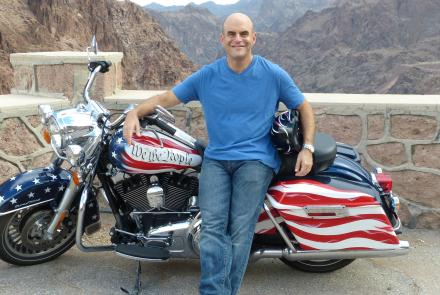
It's a Free Country
S1 E2 - 53m 10s
Ask Americans what the Constitution’s most important feature is and most will say it’s the guarantees of liberty enshrined in the Bill of Rights. In this episode, Sagal explores the history of the Bill of Rights and addresses several stories — ripped from the headlines — involving freedom of speech, freedom of religion and right to privacy.
-
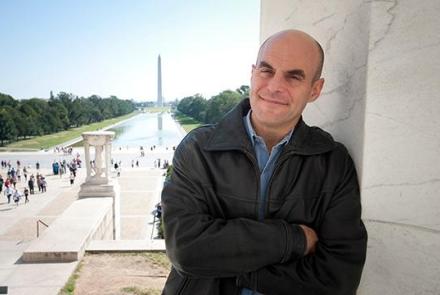
A More Perfect Union
S1 E1 - 53m 10s
Breathing new life into the traditional civics lesson, Peter Sagal (host of NPR’s “Wait, Wait Don’t Tell Me”) travels across the country on a Harley Davidson to find out where the U.S. Constitution lives, how it works and how it doesn’t; how it unites us as a nation and how it has nearly torn us apart.
Extras + Features
-
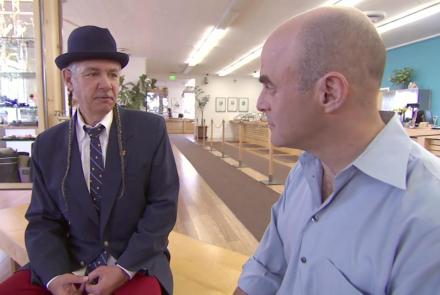
State power and the federal government
S1 - 59s
Steve DeAngelo, director of Harborside Health Center - a medical marijuana dispensary - expresses his beliefs that states should have the power to create and enforce their own laws without interference from the federal government.
-
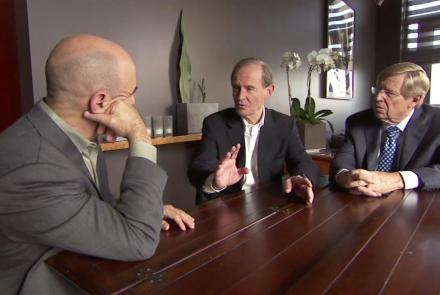
The argument for same sex marriage
S1 - 1m 34s
Lawyers Ted Olson & David Boies explain why they're arguing for the right for same-sex couples to marry. They say the 14th amendment's equal protection clause awards equal rights for all citizens, regardless of sexual preference.
-
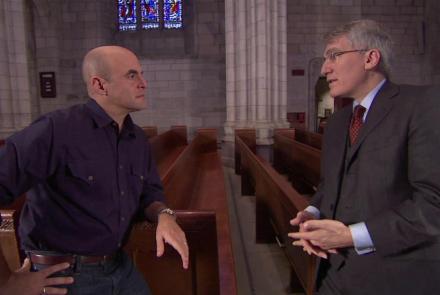
Should the Supreme Court decide controversial issues?
S1 - 1m 47s
Stanford Professor Robert George believes there is no constitutional mandate that would allow same-sex marriage to be legalized. He also shares his belief that the Supreme Court should not decide controversial issues that are not explicitly outlined in the Constitution. Instead, he thinks that should be left up to legislators or to the popular vote.
-
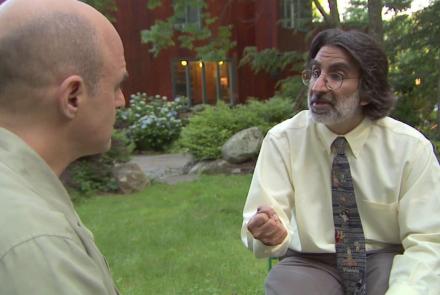
Rights... have we gone too far?
S1 - 1m 33s
Yale Professor Akhil Amar talks about rights. Have we gone too far in claiming rights not enumerated in the Constitution? Or have we simply been following in the spirit of the document?
-
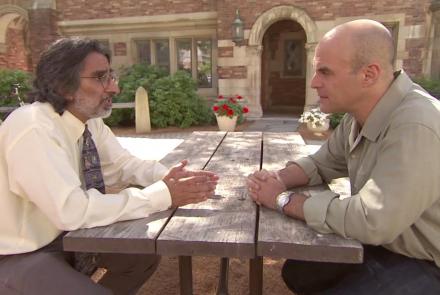
Why have an "indivisible union"?
S1 - 2m
Yale Professor Akhil Amar gives us a quick background of *why* founders were interested in creating an "indivisible union" in the first place. Why the "United States" instead of the Articles of the Confederation.
-
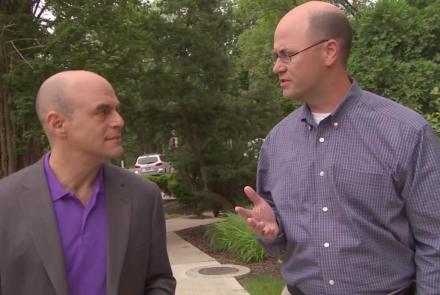
What does separation of church and state mean?
S1 - 45s
University of Notre Dame Professor Rick Garnett talks about separation of church and state -- and why he believes the founders intended that phrase to mean "freedom to practice your religion openly" rather than "freedom from religion in the public sphere."
WETA Passport
Stream tens of thousands of hours of your PBS and local favorites with WETA Passport whenever and wherever you want. Catch up on a single episode or binge-watch full seasons before they air on TV.
Similar Shows
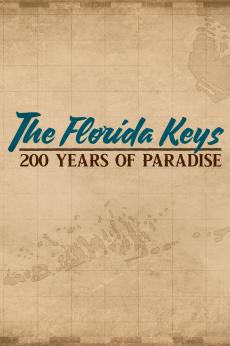
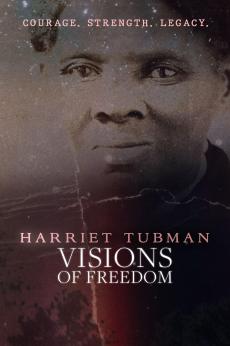
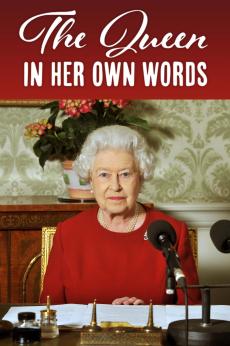
The Queen in Her Own Words
History
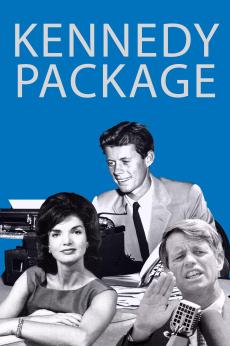
Kennedy Package
History
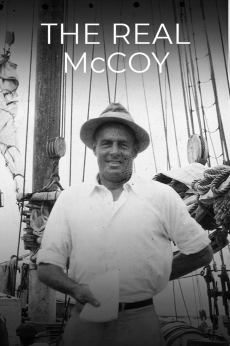
The Real McCoy
History
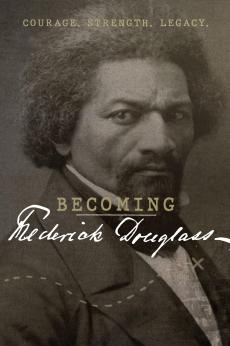
Becoming Frederick Douglass
History
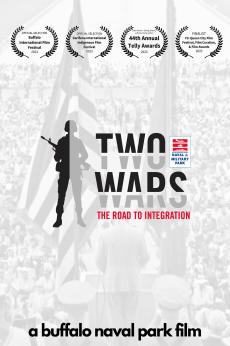
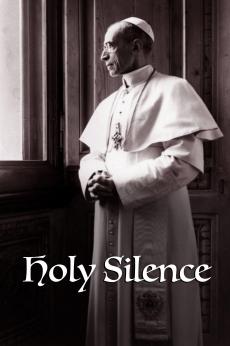
Holy Silence
History
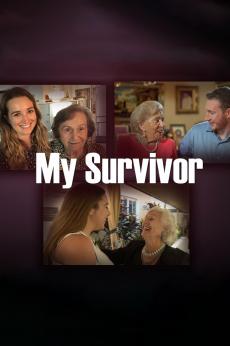
My Survivor
History

Escape from a Nazi Death Camp
History